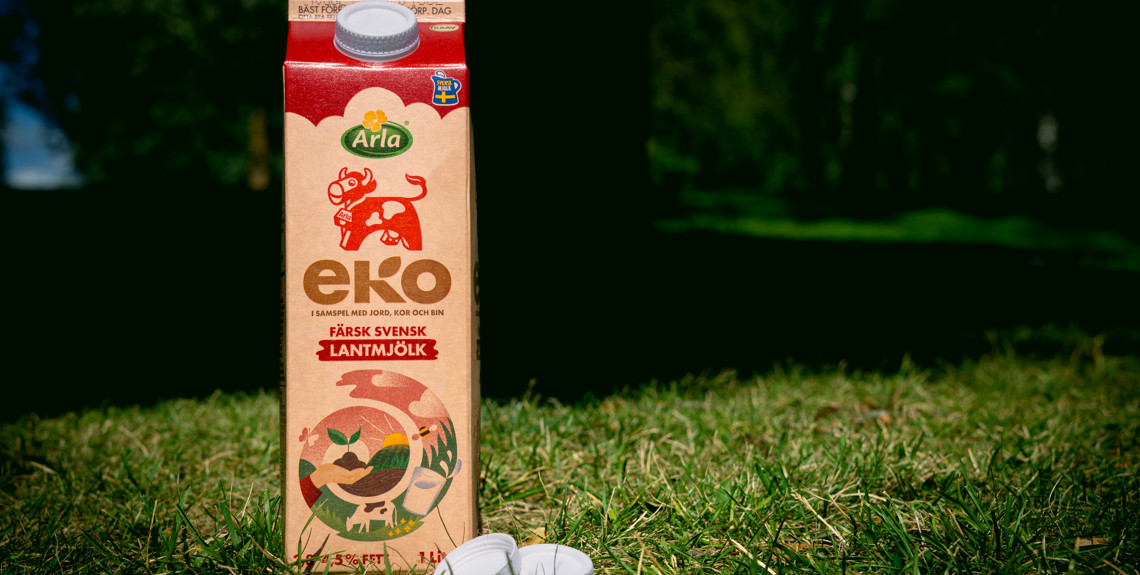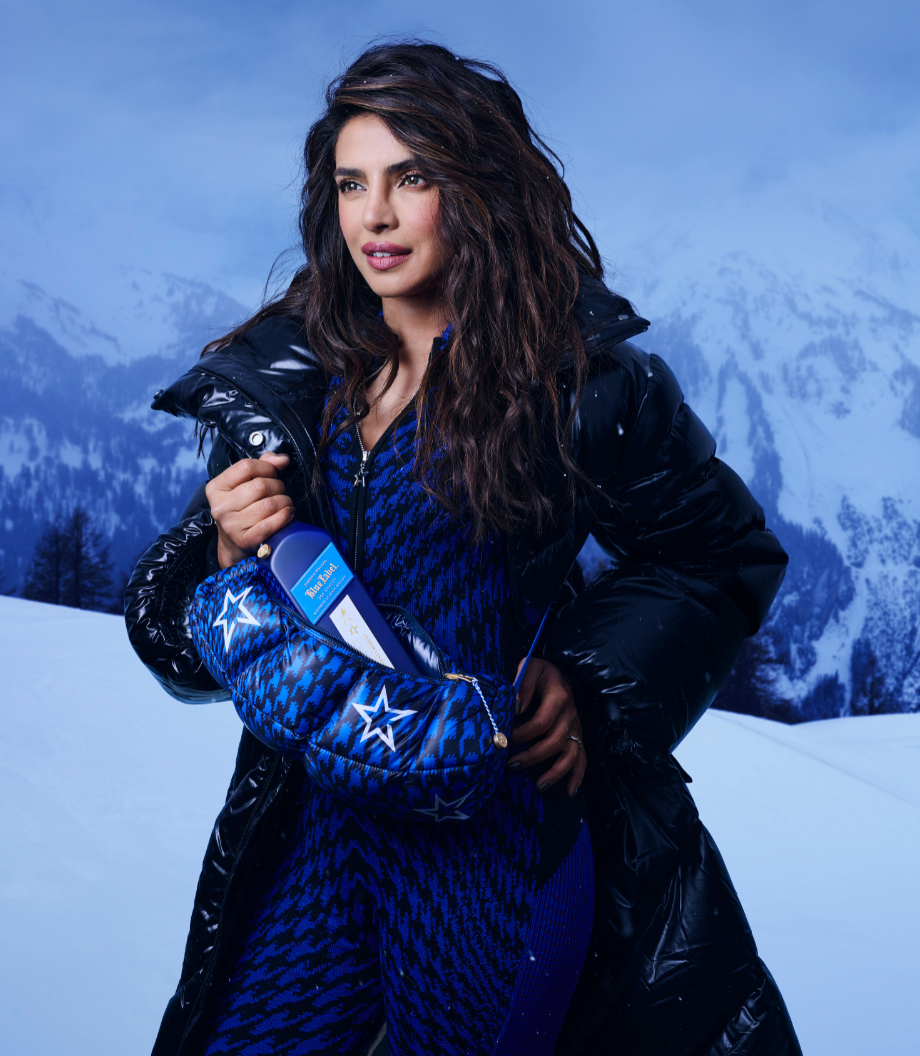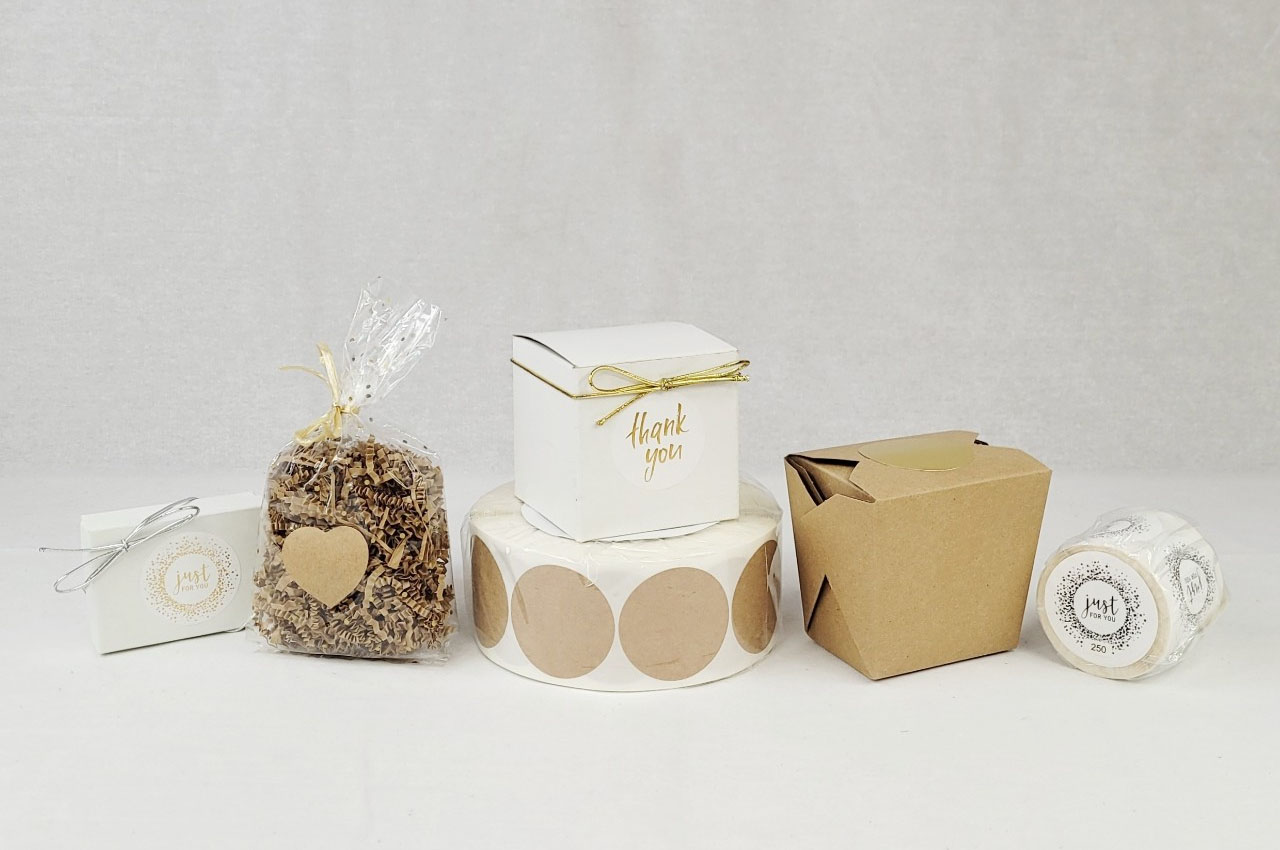
The cardboard milk carton is a well-known classic in several countries and while the packaging has undergone several transformations over the years and is now a near-optimal choice in terms of food safety and sustainability, the time has come to completely rethink a small yet significant part; the cap.
Making up for around 23 per cent of the plastic used in Arla’s cartons, the farmer-owned dairy cooperative has now set its sights on the caps as part of its sustainable packaging strategy to eliminate use of fossil-based virgin plastic in its packaging by 2030. Arla Foods is partnering with Swedish start-up Blue Ocean Closures in an effort to create a solution that could see the dairy cooperative introduce the first fibre-based cap on milk cartons in the industry.
Paving the way for global change
Blue Ocean Closures is a world leader in fibre-based closures and have already achieved landmarks in sustainable packaging. The cap has a body made of sustainably sourced FSC fibre material combined with a thin barrier coating. Using advanced, proprietary vacuum press forming, this allows for a cap that is biobased, ocean biodegradable and recyclable as paper.
With funding from Arla Foods, the plan is now to develop a fully functional prototype and complete the testing phase by start of next year.
Consumer convenience drives continued need for caps
With the cap responsible for approx. 23 per cent of the total plastic used for Arla’s milk cartons, it is natural to ask why the dairy cooperative is not removing the cap altogether. Arla did in fact do that on its Danish organic range back in 2020 but it was not without criticism from consumers unhappy with the loss of convenience.






